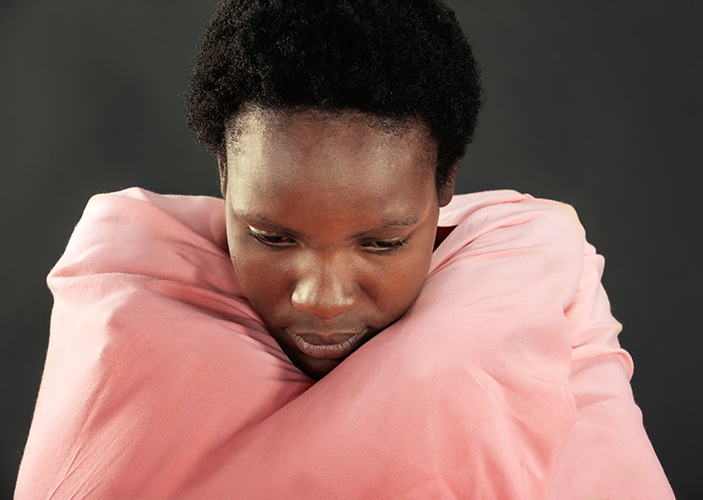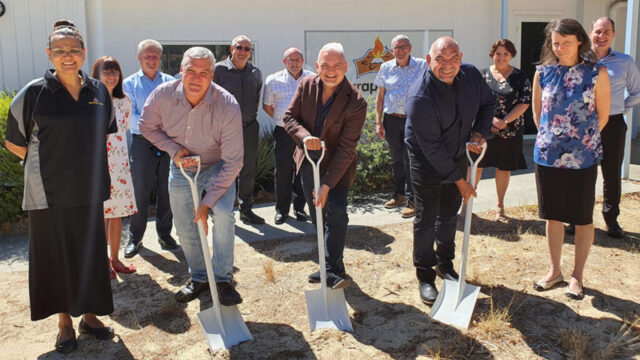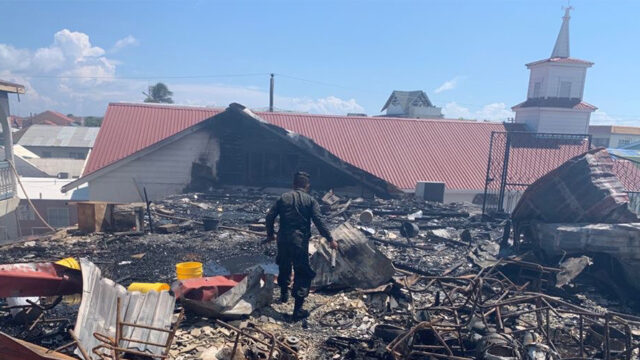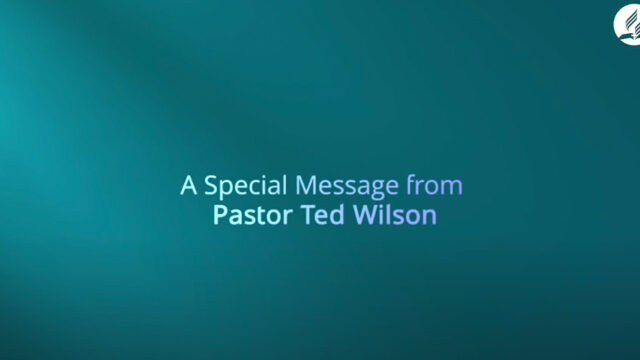What does it mean to be an endometriosis and infertility warrior?

I was diagnosed with endometriosis in July 2020 after many years of wondering what was wrong. I’ve struggled with excruciating menstrual periods since I was a teenager, battling the kind of pain that medication can’t soothe. I’ve also spent the last eight years consulting numerous doctors because of my unexplained infertility. I didn’t realize that the two were related and that so many women are affected like I am. Because I’d been struggling and praying over my failure to have a child, it was a relief to finally have a possible explanation. But the relief quickly turned into anger.
I grabbed my phone to Google the terms the doctor tried to explain to me. One visit still stands out to me because I remember feeling so alone. It didn’t help that my husband was out of town for work. Getting such a diagnosis can be a double-edged sword: there’s relief to finally move forward, but it’s not easy. Receiving that diagnosis broke my heart. There’s nothing like knowing for certain that there’s something wrong with you.
Feeling Like Less of a Woman
The one thing that other women work hard to prevent every month is the one thing I yearned for more than anything in the world. I remember myself at 24 years old—a young bride, hopelessly in love, yet unprepared for the pain I would endure. I’ve always loved children, and I was looking forward to having a football team of children. Unfortunately, it hasn’t been so.
As a Christian African woman, I know full well that issues of sexuality, infertility, and female reproductive health are not well discussed. These topics are considered so taboo that you can’t just bring them up for discussion in families, communities, or churches. But we urgently need to talk and engage about such issues in open dialogue.
Individuals struggling with infertility and endometriosis usually suffer in silence. There aren’t always others willing to step into that place of pain just to hold a hand. As women going through infertility, we need friends who care and family members who don’t look down on us and blame us. I’m so grateful for the people God has placed in my life. I feel overwhelmed with love and support. Sadly, this can’t be said for everyone who suffers from endometriosis or infertility.
What Can You Do to Help?
- Listen to the person cry or yell. Be wise during this time and know what not to say. Don’t say, “Just relax, you can always do IVF [in vitro fertilization]; you can always adopt; you are so lucky not to have children; or at least it’s not cancer.” When in doubt, don’t say anything at all. I have friends who just cry along with me, and that is helpful.
- Listen to the person talk and offer your help. I have a friend who has offered to be a surrogate mom if I ever need one, and that touched me to think someone is bothered about my situation to that extent. Four friends separately have offered us money for IVF if needed, and family and friends have shared their homes and children with us.
- Offer to go to difficult appointments with them. It helps not to be alone in a waiting room when getting tough results, or even when getting a routine checkup. Someone to hold your hand helps relieve the pressure and fear of the unknown.
- Offer to be an exercise buddy or be open to being with them in whatever activity they enjoy.
- Listen to them explain the pain they’re going through. Don’t downplay their experience in any way.
- Research their condition so you can be more knowledgeable and supportive. I have friends who at times have been way ahead of me in terms of knowing the newest nutrition ideas, medications, or therapy to ease my pain.
God Loves and Cares About You
You may be at a point where you seriously doubt God’s love for you, but He surely cares and loves you deeply. He wants you to enjoy your life! Enjoy your marriage and don’t just endure it. Marriage is a beautiful institution that you should engage in with all your faculties and enjoy with intentionality. Infertility does affect couples negatively as emotions run very high during this time. As women, we want to talk and weep about how we’re feeling. Our husbands, on the other hand, may not be able to easily talk about the pain and hurt they go through. Learn and understand how to communicate as a couple, and be open to the journey, the joys, and the pains of what you may be feeling. Feel free to be vulnerable without letting your childlessness rob you of your joy.
You Are Enough
- Take good care of your mental health and guard it well. Tell yourself that you matter and that although you may be going through a tough time, you won’t let it define you.
- Stop to smell the roses. Feed your mind with positive thoughts. Enjoy and strive to do those things that make you the happiest.
- If you’re overwhelmed, pause to take a mental step back, and pray. Talk to a friend or family member and speak to a trusted Christian counselor or pastor for help.
- Don’t let infertility or endometriosis limit you. Keep working on your dreams and career goals. Study, read books, and travel. Start that business that you always wanted to start.
Guard Your Health
- Seek help early and be patient as you go through the investigations and processes involved to ascertain what’s causing your pain. Once diagnosed, seek help on what medicines you should take and stick to the treatment. Taking medication for a long time gets tiring, but keep doing what you need to do because it’s worth it.
- Food is medicine to our bodies. Eat well to nourish your body and mind. Making good diet decisions will yield great results.
- Exercise and keep fit when you are sure the activity will not aggravate any pain in your body.
- Listen to your body and take care of it with tender, loving care. Don’t overwork your body, and don’t ignore any symptoms and signs of unwellness that you may experience.
This article was adapted from https://echo.sid.adventist.org/embracing-my-journey-as-an-endo-warrior/.








